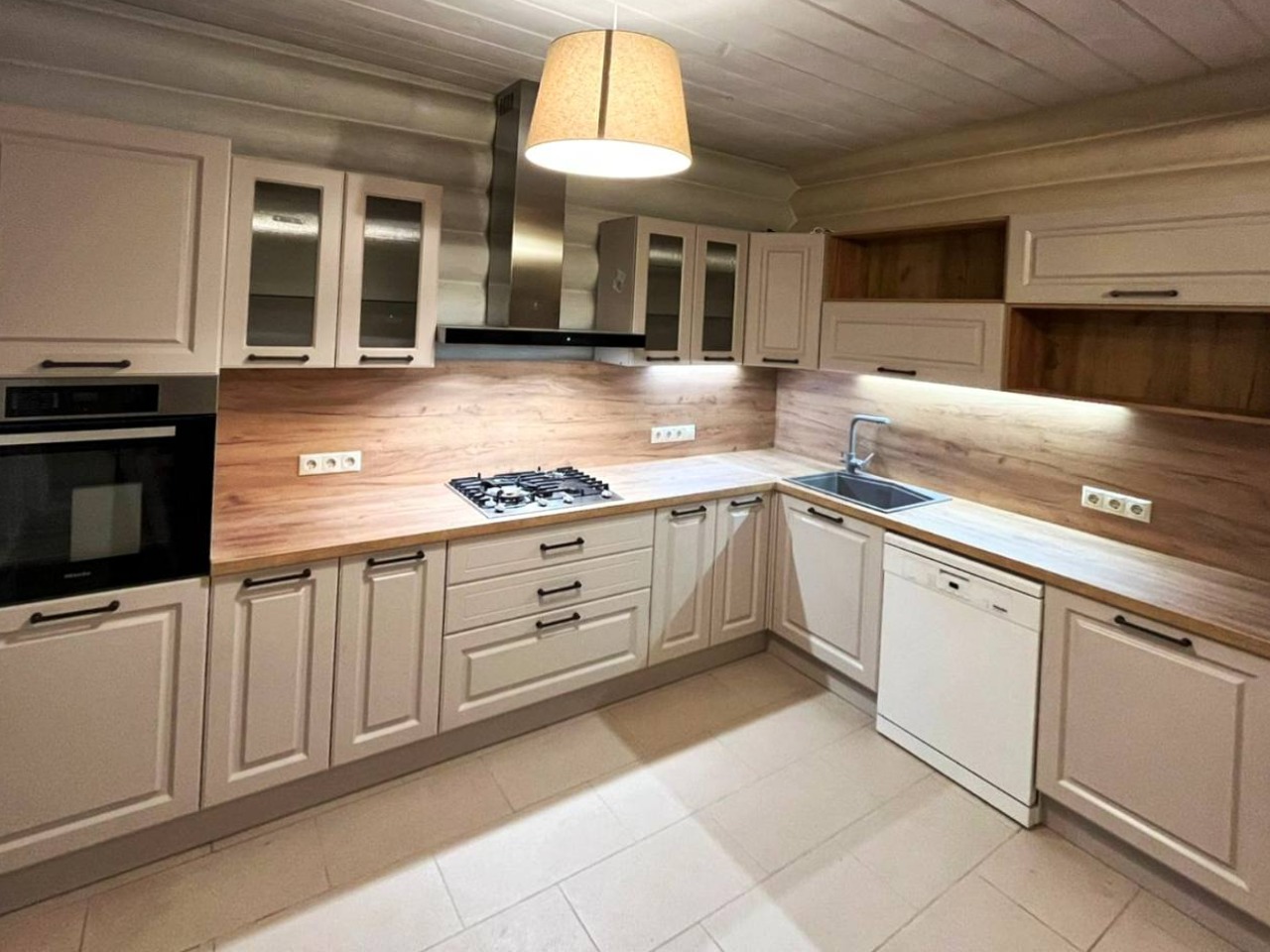
Modern Kitchen Transformation Essentials
Embracing Minimalism
The modern kitchen is all about simplicity and functionality. One of the key components of a modern kitchen transformation is embracing minimalism in design. This often involves clean lines, uncluttered spaces, and a monochromatic color scheme that helps to create a sense of calm. Homeowners are choosing sleek cabinetry with hidden handles or push-to-open mechanisms as well as integrated appliances that blend seamlessly with the surroundings. The goal is to create a space that is both aesthetically pleasing and free from unnecessary distractions.
Smart Technology Integration
In our digitized age, smart technology integration has become a staple for modern kitchens. Upgrading to smart appliances, such as fridges that can keep track of groceries or ovens that can be controlled remotely, not only adds convenience but also enhances the culinary experience. Incorporating gadgets like touchless faucets, voice-activated lighting, and digital assistants can streamline kitchen tasks and add a futuristic feel to the area. Moreover, smart storage solutions with sensor-activated lights ensure that every corner of the kitchen is functional.
High-Quality Materials
Using high-quality materials is crucial for a kitchen transformation that exudes modern elegance and withstands the test of time. Materials like quartz countertops, hardwood or polished concrete floors, and glass backsplashes are not only durable but also offer a sophisticated look. Natural materials, or those that mimic natural patterns and textures, are also in high demand, adding an earthy touch to the modern kitchen. Homeowners are investing in materials that are both sustainable and easy to maintain.
Efficient Layout and Space Planning
The layout of a modern kitchen must be carefully thought out to ensure maximum efficiency and flow. The concept of the kitchen work triangle, which positions the sink, stove, and refrigerator at optimal distances from each other, is still relevant in contemporary design. However, modern space planning also considers the addition of kitchen islands, breakfast bars, and custom cabinetry to maximize storage and workspace. An open-plan kitchen that merges with living areas is also popular, fostering a social atmosphere where cooking and entertaining can occur simultaneously.
Lighting and Ambiance
Lighting is a pivotal feature in a modern kitchen. Layered lighting plans that combine ambient, task, and accent lighting can transform the space entirely. Recessed ceiling lights provide a general illumination, pendant lights over key areas like islands or dining tables make a design statement, and under-cabinet LEDs offer efficient task lighting. Using dimmers can also create ambience and adjust the mood for different occasions. Large windows or skylights can invite natural light and connect the indoor kitchen space with the natural world outside.
Eco-Friendly Features
Sustainability is an essential aspect of a modern kitchen. Eco-friendly features such as energy-efficient appliances, LED lighting, and water-saving fixtures not only lower utility bills but also reduce the environmental footprint of the home. Many homeowners are also opting for cabinetry and countertops made from recycled or reclaimed materials to support environmental conservation. Composting systems and built-in recycling and waste sorting stations further demonstrate a commitment to sustainable living practices.
Personal Touches
Finally, even the most contemporary kitchens should reflect the personality of the homeowner. Whether it's through a splash of color in the backsplash, a unique piece of art, or eclectic bar stools, personal touches bring life and character to the space. These details make the kitchen feel welcoming and unique while maintaining its modern aesthetic. Customization allows homeowners to tailor the kitchen to their specific preferences and needs, ensuring that the space is not only stylish but also truly their own.